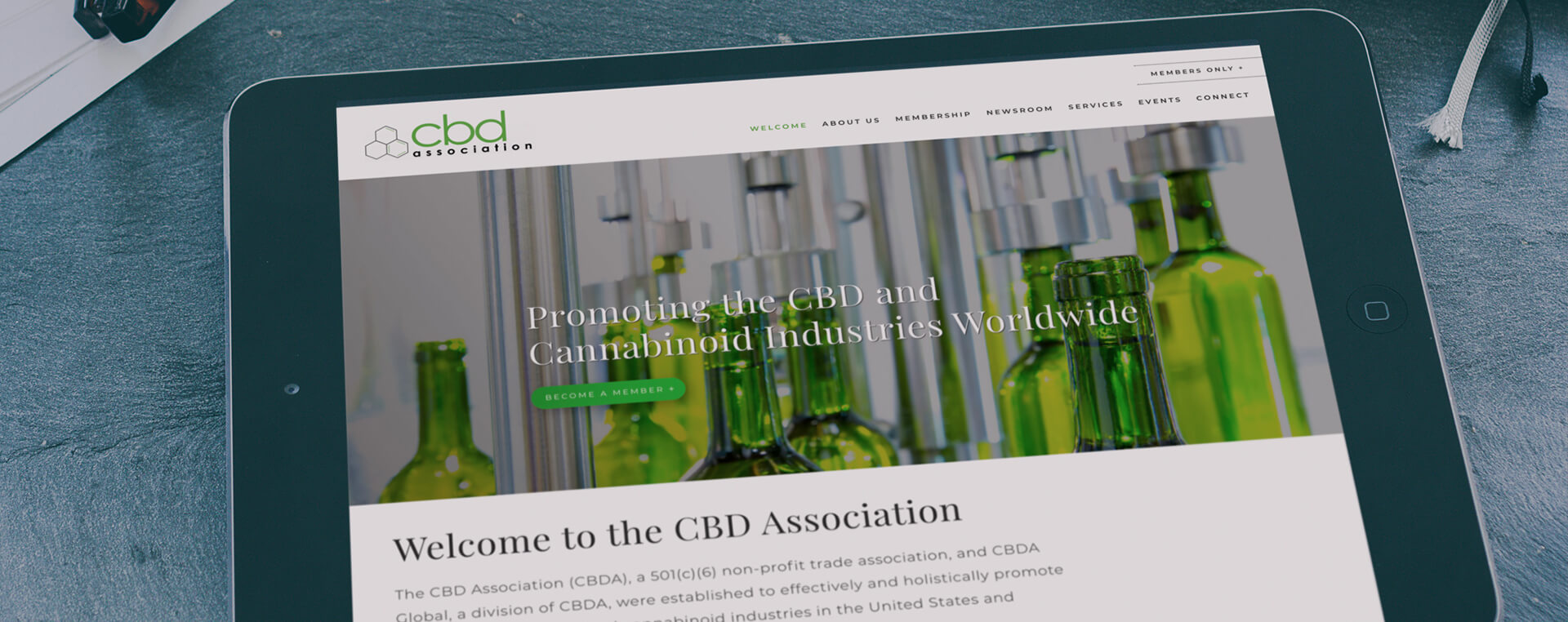The CBD Association is working hard for you both in the U.S. and internationally. Here are some recent developments:
1. Texas Proposal to Legalize Consumable Hemp Products
Texas has proposed rules for consumable hemp products and called for public comment over the next 31 days. The Department of State Health Services rules address oversight and licensing for manufacturers, processors, and distributors.
The rule defines “consumable hemp products” as “any product processed or manufactured for consumption that contains hemp, including food, a drug, a device, and a cosmetic, as those terms are defined by Texas Health and Safety Code, §431.002, but does not include any consumable hemp product containing a hemp seed, or hemp seed-derived ingredient being used in a manner that has been generally recognized as safe (GRAS) by the FDA.”
Overall, the rule will require producers to obtain a consumable hemp products license before the production of any qualifying product. The license is valid for one year.
The proposed rules also address product testing and labeling requirements to be sold in Texas. Labeling requirements for CBD products would include:
- QR codes.
- Manufacturers’ phone numbers and email addresses.
The earliest possible adoption date of the new rules is June 7, 2020.
2. Cannabis Beverages – Some Would Say It’s a Bad Investment
While the beverage category holds promise, it remains a largely unproven niche. A recent report from CIBC Capital Markets, a division of the Canadian Imperial Bank of Commerce, said beverages “are among the fastest-growing categories over the past two months.” But the report noted that beverages represented only 1%-2% of sales in mature U.S. markets. Issues Specific to Cannabis Beverages:
- Solubility – CBD is not water-soluble. Without a delivery method like nano-lipid spheres or emulsifiers, most of the CBD you ingest is metabolized in your gut. Without solubility, CBD’s bioavailability, the degree to which it is absorbed into the body, becomes limited — as low as 4%, according to a 2007 academic article published in Chemistry and Biodiversity.
- Taste – Cannabis-infused beverages have a very distinct taste that is not accepted by many consumers. In fact, they’ve been described as tasting “funky,” “skunky” and “like a barnyard.” Unfortunately, the plant’s signature earthy smell doesn’t play well with fruit juice — or any other water-based liquid.
- Illegality – In the United States, it is federally illegal under the FDA. Despite CBD’s solubility challenges, taste issues, and lack of a federal legal framework for production, cannabinoid companies have plenty of incentive to grapple with the issue. The cannabis-infused beverage market could become a $600 million industry by 2022, according to a projection in late 2018 by Canadian investment banking and financial services company Canaccord Genuity.
3. EU Novel Foods Application – Deadline for UK Products Looming
The legality of CBD products in the European Union became murky in January 2019, when EU authorities classified all hemp extracts and hemp-derived products containing CBD and other cannabinoids as “novel foods.” The designation means that manufacturers need to have their CBD supplements and edible products evaluated and seek permission from EU authorities to place them on the market.
As such, the UK’s Food Standards Agency (FSA) set a deadline of March 31, 2021, for industry players to gather data on their CBD products and have their novel food applications validated by EU authorities.
Two European Industry Associations are offering assistance to the industry in filing these applications – The European Industrial Hemp Association and the United Kingdom’s Association for the Cannabinoid Industry.
The EIHA has taken the following steps to assist its members:
- An EIHA task force is in the process of choosing four formulations of CBD to be consolidated into one novel food application. The formulations will be finalized at the EIHA general meeting in June.
- The joint application project, organized as a limited liability company, will cost at least €2 million ($2.16 million). The EIHA estimates that the required lab analysis of CBD and THC toxicology studies alone will cost €1.8 million ($1.94 million).
- The group plans to launch the toxicology studies in June.
- The cost of joining the consortium is estimated at €10,000 to €50,000 ($10,800 to $54,000), depending on the size of the company and when it joins. Regular EIHA members will be asked to pay the consortium cost in two installments, with the first next month.
- This one-time cost comes in addition to the cost of a regular EIHA membership, which ranges from €2,500 to €10,000 ($2,700 to $10,800), depending on company revenue.
- All companies that join the EIHA are obliged to join the novel foods consortium.
The UK’s Association for the Cannabinoid Industry (ACI) is offering a free hotline for CBD manufacturers with questions about the novel food application process. The group also offers paid consulting services for individual applications. The ACI’s approach pools resources for the data-generation phase while taking an individualized approach for each company’s application. Failure to meet the deadline will result in any unapproved products being pulled from the shelves.
4. USDA Issues Guidance to FSA Lenders – Hemp to be Treated like any other Agricultural Commodity
USDA has taken several steps to sync the market with its various programs and services. And the department’s new memo to state and county offices provides clarity on how to process direct or guaranteed loan applications for hemp producers.
The memo describes the various requirements a hemp business must satisfy to access USDA’s lending services. The main requirements are as follows:
- A prospective borrower must be licensed under a USDA-approved state or tribal hemp program, or under USDA’s basic regulations if the jurisdiction the business operates in has not submitted its own rules;
- Borrowers must show that income sources are dependable and likely to continue;
- For direct and guaranteed loans, hemp businesses must have a contract with FSA laying out termination policies and their ability to repay the loans.
- Borrowers should ensure the availability of a banking institution authorizing the loan to ensure the availability of proceeds to support payment of expenses and debts.
Part of the decision-making process for loan approval is historical performance, existing contracts, and previous contract performance. For many hemp businesses, these will be difficult hoops to jump through. Nonetheless, the USDA’s advocacy on behalf of hemp is a positive step for the industry.
5. Litigation – Investors File Lawsuit Against Sundial Growers Inc. Claiming Material Misrepresentation
A federal lawsuit filed in New York this past week alleges that the representations made by says Calgary, Alberta-based Sundial Growers, Inc. to investors were “grossly exaggerated and materially misleading.” The lawsuit filed on behalf of a handful of investment groups states that Sundial claimed that a company it was acquiring, Bridge Farm, had a “hemp cultivation license” that would allow them to be “first to market” in exporting to the EU, thus giving them a “stronghold in Europe’s nascent cannabis market.”
Based on those representations, the plaintiffs invested more than $4 million in Sundial before its initial public offering. But, the lawsuit says, it turned out Bridge Farm did not have the necessary licenses to cultivate or export hemp and CBD to the EU.
The lawsuit further alleges that Sundial intentionally misrepresented the quality of its product, even going so far as to conceal a customer claim that Sundial’s “premium-product” had “mold, parts of rubber gloves and other non-cannabis material.”
Plaintiff’s suit seeks monetary damages of no less than $4 Million, attorneys’ fees, and any other relief the Court deems appropriate.
This suit is the latest in a growing tide of litigation amongst cannabis companies and ancillary services claiming misrepresentation and negligence within the industry.


